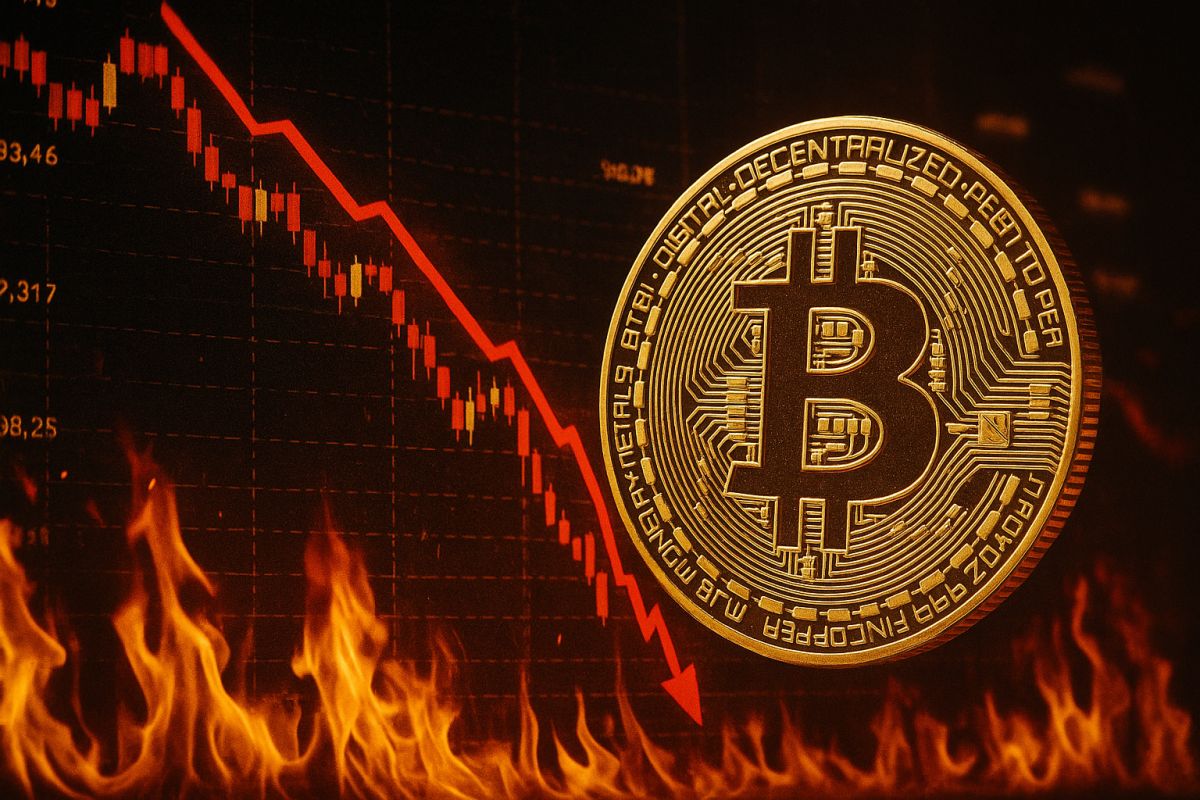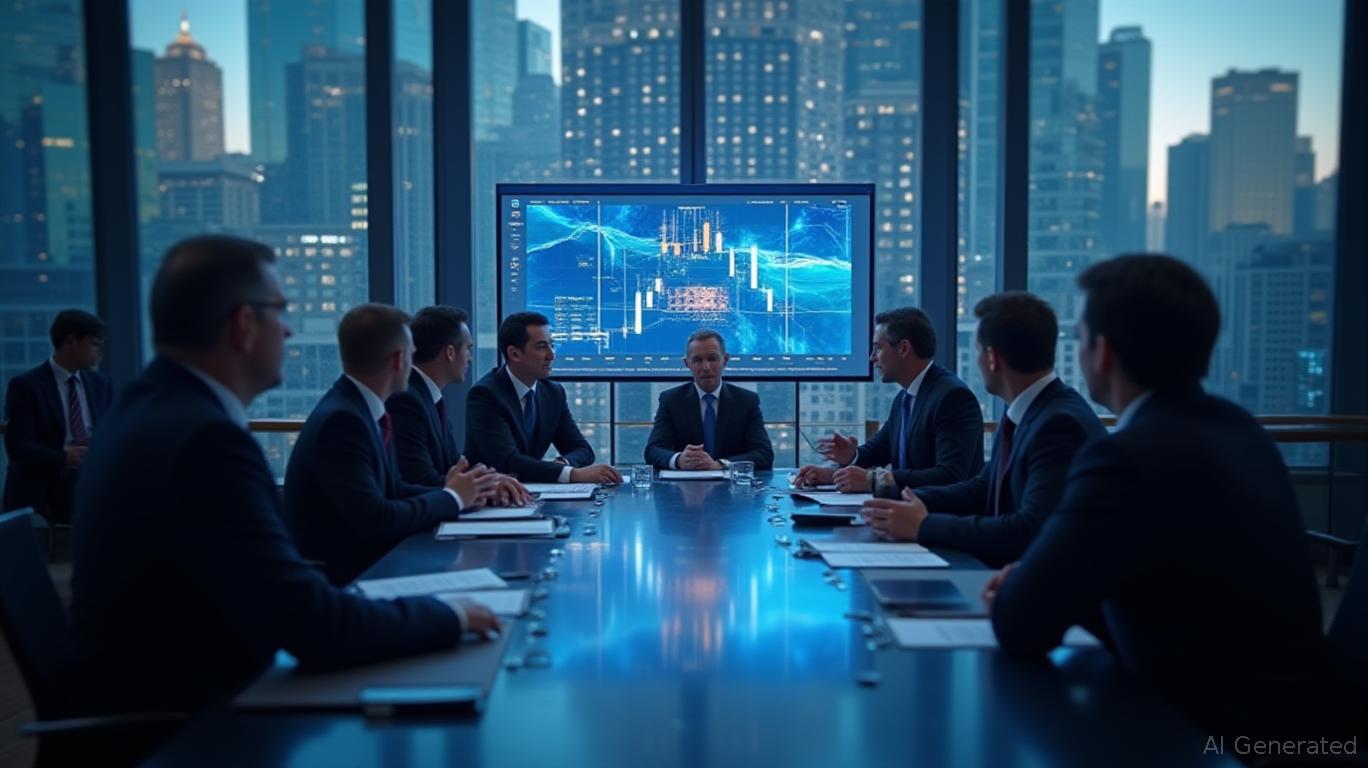Trump’s Crypto Clemency: A Bold Move for Progress or a Moral Dilemma?
- Trump's 2025 pardon of Binance CEO CZ sparked debate over crypto ethics and U.S. regulatory leadership amid global competition. - The move faced criticism for alleged conflicts, including CZ's $2B investment in Trump-linked crypto ventures and prior regulatory violations. - Critics called it "pay for play," while supporters argued it boosted crypto innovation, citing a 15% post-pardon investment surge in U.S. firms. - Democrats demanded investigations as political tensions rose, with Trump framing the pa
The highly debated pardon of Binance founder Changpeng Zhao, also known as CZ, by President Donald Trump has sparked a nationwide discussion about ethics, regulatory oversight, and the direction of the U.S. cryptocurrency industry. Announced in October 2025, this move was part of Trump's larger agenda to establish the United States as a frontrunner in digital assets, a field he compared to artificial intelligence in terms of strategic value.

During a rare
The pardon has faced strong backlash from Democratic lawmakers and ethics watchdogs. Senator Elizabeth Warren condemned the action as a "disgraceful misuse of authority," arguing in
Those in favor of the pardon, such as the Blockchain Association and Coin Center, claim the decision encourages progress by easing regulatory ambiguity. The association reported that U.S. crypto companies experienced a 15% increase in investments following the pardon, reflecting renewed optimism in the industry, according to Coinotag. The Trump administration presented the pardon as a key part of its plan to compete globally, especially against China, which has imposed stricter crypto controls. "America must lead in crypto," Trump declared, highlighting his sons' involvement in digital assets as evidence of the sector's promise.
The political repercussions are still mounting. White House Press Secretary Karoline Leavitt stated the pardon followed a "comprehensive review," while Democratic leaders have demanded congressional probes into possible conflicts of interest. At the same time, the Trump Organization has insisted it played no part in the pardon, as noted by The Independent.
As the digital currency landscape shifts, this pardon highlights the complex relationship between technology, international relations, and presidential authority. With new legislative debates on crypto regulation approaching, this decision may shape how future leaders weigh innovation against responsibility.
Disclaimer: The content of this article solely reflects the author's opinion and does not represent the platform in any capacity. This article is not intended to serve as a reference for making investment decisions.
You may also like
Bitcoin price forecast: BTC could face further correction as momentum weakens

Bitcoin Breaks ‘Uptober’ Tradition With 5% Drop After a Record Liquidations

XRP News Today: Ripple Connects Conventional Finance and Digital Assets Through Integrated Institutional Brokerage
- Ripple launches Digital Asset Spot Prime Brokerage, enabling U.S. institutions to trade XRP and RLUSD via OTC spot transactions. - The service integrates foreign exchange, derivatives, and digital assets under Ripple Prime, acquired from Hidden Road in 2025. - RLUSD's role as collateral and cross-margin capabilities streamline portfolio management, bridging traditional finance and crypto markets. - Ripple aims to dominate institutional-grade services using XRP Ledger and RLUSD, competing with stablecoins

Bitcoin News Update: U.S.-China Trade Pause Strengthens Relations as Cryptocurrency Markets Remain Stable
- U.S. and China finalize a one-year trade agreement, reducing tariffs and stabilizing rare earth exports to ease tensions and stabilize markets. - Despite the deal, crypto markets remain unmoved as Bitcoin stabilizes near $110,785, with analysts citing pre-priced trade news and increased selling pressure from large holders. - The U.S. Senate advances the Crypto Market Structure Bill, assigning CFTC and SEC oversight to digital assets and updating compliance rules for stablecoins and DeFi. - China and Sout